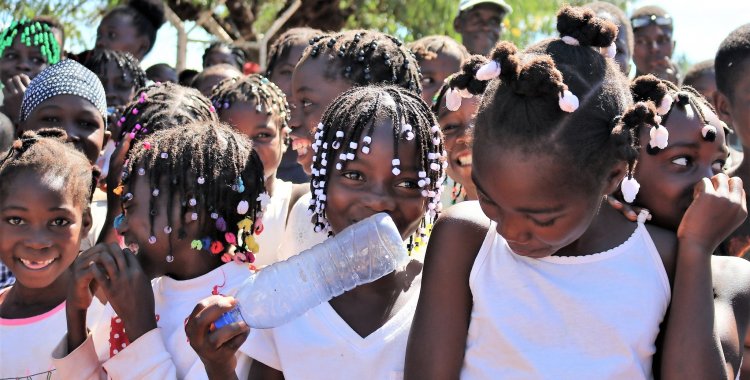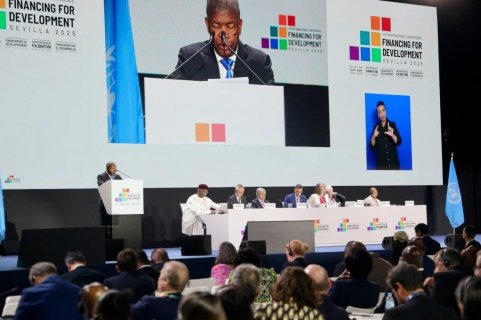"If we look at statistics and data from previous years, we see that the situation of children has improved, but we still have many challenges, we still have many children who have never been vaccinated, we have children who suffer from chronic malnutrition, we have children who suffer sexual violence, we still have many challenges," said Ivan Yerovi, speaking to Lusa news agency.
Yerovi, who was speaking on the sidelines of the 2023 Citizens Budget presentation session held at the Ministry of Finance, highlighted that despite the challenges, it encourages "the Government's commitment to improving the situation of children", which is a priority.
"The child's situation is a priority, it is precisely the connection that we have to make between the General State Budget and the priority discourse", he stressed.
Access to school was one of the improvements that Ivan Yerovi cited about the advances in the situation of children, with "more children reaching primary school, for example".
According to the Unicef representative, in contrast to the greater number of children with access to schooling, there is school dropout, especially of girls, due to pregnancy and early marriage, a situation that "is of great concern".
"Girls have to do housework, take care of younger siblings, it's a dynamic, a situation that we have to address, not only the Ministry of Education, but also the commitment of governors at the provincial level and municipal administrators, who have a responsibility too", he underlined.
In Angola, according to data from the United Nations Population Fund (UNFPA), 20 percent of the 1.4 million annual births are girls, teenagers, aged between 10 and 19 years.
The representative of the United Nations agency advanced that access to basic services is much more challenging, but there are also problems in cities, which do not exist in the interior of the country.
"For example, sexual violence, the highest number of cases of girls who are sexually abused is in Luanda, the problem we have in the province of Luanda – there is a reason, we have a much larger population – but the number of cases of sexual violence against children we don't have in the provinces", he stressed.
Access to drinking water, on the other hand, is "for obvious reasons" much lower in the interior of the country and higher in the cities, "which makes everything very relative when we look at access to basic services".







